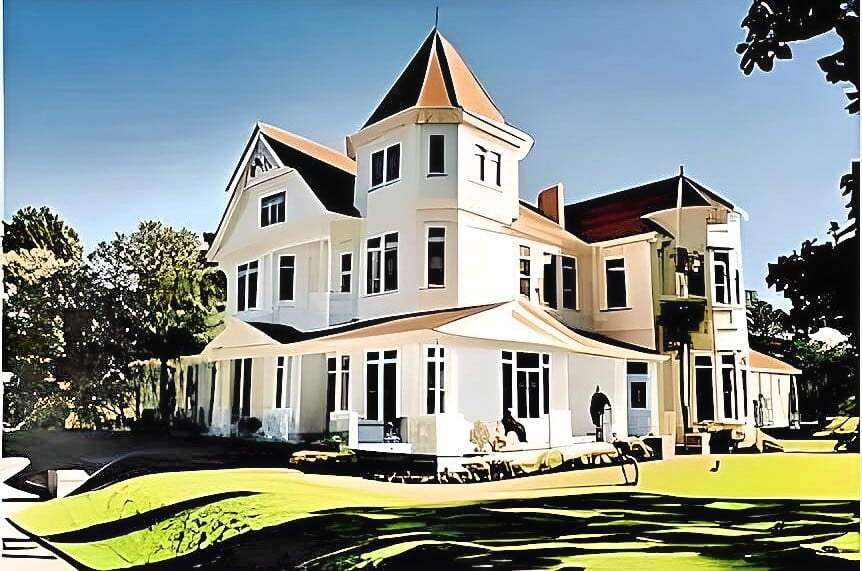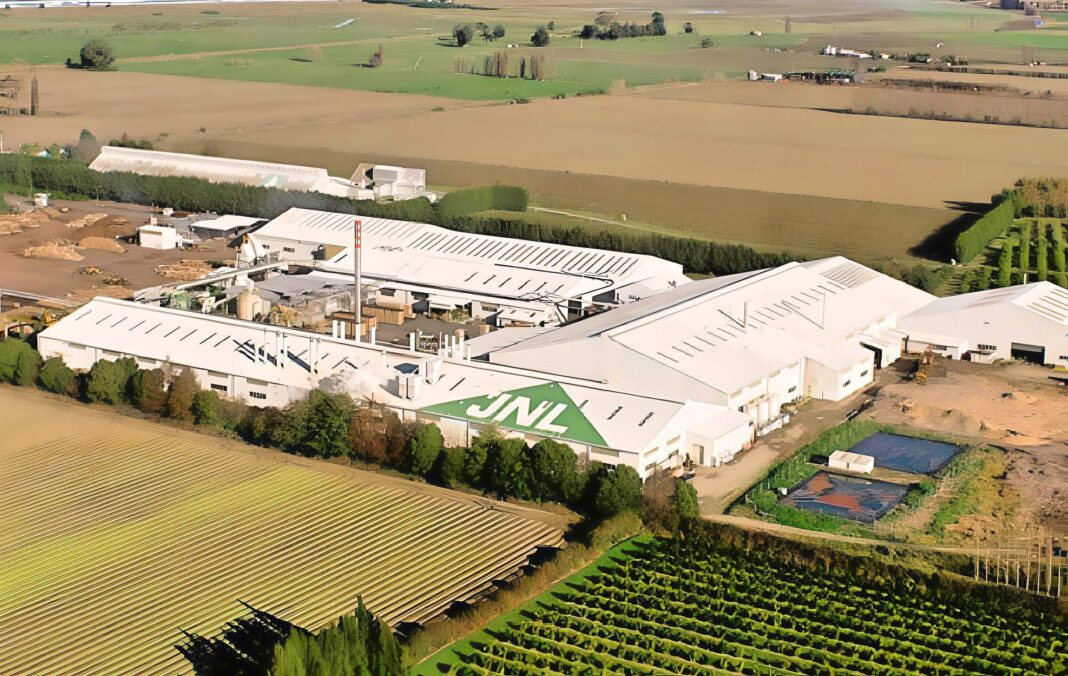Soft demand for specialised wood products sold into the Japanese housing market and ageing mill facilities have led forest giant Juken to push to close its Gibsorne plant.
The company is majority-owned by Japan’s largest wood manufacturer, Wood One, established in 1990, just four years before setting up in Gisborne.
It has been a significant player in New Zealand forest processing since the mid-1990s and has invested more than NZ $700m into wood processing.
Late last week, Juken advised 80 personnel at its 30-year-old mill, the largest employer in the region, that from November 17, 2023, it consider three future options for the mill’s future.
These include ceasing production until new markets and products are found, putting the mill up for sale and stopping production until a new buyer can be found or closing the mill permanently.
“On Wednesday, we advised the workforce at our Gisborne mill that we are currently looking at options for the mill’s future due to its ongoing financial difficulties and market conditions,” Juken New Zealand Managing Director Hiroyuki Kawado said.
“Unfortunately, demand for the mill’s products has declined over the past five years and is not expected to improve,” he said before adding, “The mill’s age also means it needs significant investment if it is to continue its effective production and safe operation.”
FIRST Union organiser Colleen Ryan confirmed the restructuring proposal, including three options for the mill’s future, had been provided to union members.
“We will be meeting with affected members over the coming week and will provide support and an update in the days following those discussions,” he said.
The latest decision comes five years after Juken laid off half of the 200 people working at its mill at Matawhero as part of a pivot from plywood and laminated timber products towards high-value solid wood products, including residential and commercial cabinetry, furniture, doors and feature walls.
The weak yen — which recently hit a 53-year low — made it extremely difficult for the Juken to compete with local suppliers.
Finding a buyer for a mill needing significant investment in the current market will also be difficult, according to Jeremy Muir, a journalist from the Gisborne Herald.
Trust Tairāwhiti and the NZ Government have invested tens of millions of dollars in recent years to support wood processing growth in the region, with some success.
“There will likely be little interest in putting more money into that effort (in its last two annual reports, the trust said it wanted to diversify its “sector investment portfolio” to accelerate the digital technology and food and beverage sectors), and they might now wonder if some support for the existing big player might have had the best payoff, in hindsight,” he said.

Founder Toshio Nakamoto had a soft spot for Gisborne, where he purchased the grand old Acton Estate in 2002 – which the Wood Central Publisher visited in mid-2019.
His son Yusho is chairman and president of WoodOne and has been a director of Juken NZ since 1991.
Wood Central understands that the decision does not impact the company’s forestry operations on the East Coast and Wairarapa.
Juken Nissho was formed for the 1990 purchase of 600km2 of previously publicly owned forests in Northland, the Wairarapa and Tairāwhiti — including the Wharerata and Patunamu.
It has 40,000 hectares of predominantly radiata pine plantation forest across two North Island regional locations – Wairarapa and East Coast – with forests close to mill operations “so freshly cut logs can be efficiently delivered for processing.”
In addition to solid wood products, it makes a wide range of engineered wood products, including Laminated Veneer Lumber, Plywood, and Panels for structural and non-structural purposes, for external or internal uses, and for appearance or non-appearance finishes.






